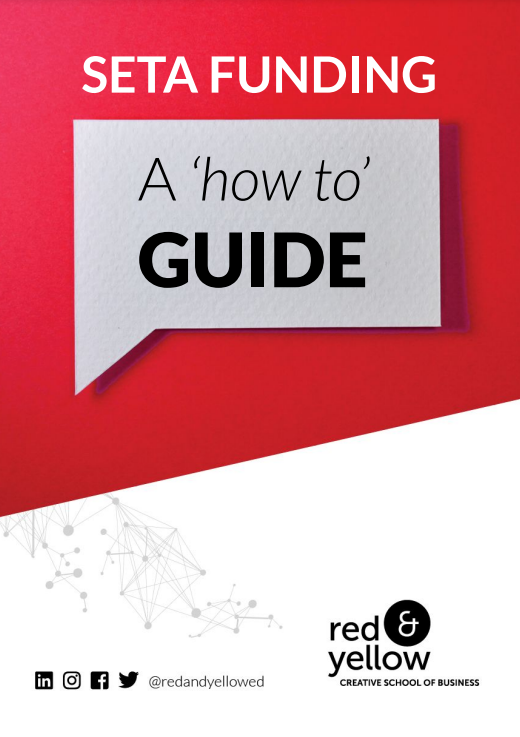Did you know that by not submitting your annual WSP and ATR, you’re not only leaving money on the table when it comes to funding your training plans, you’re also giving the SETA permission to use your Skills Development Levies (SDL) towards funding your competitor’s training initiatives?
In times like these, there’s nothing more frustrating than missing out on an opportunity to secure some much-needed funding, but there’s also no reason for employers who pay their Skills Development Levies to be missing out on, at the very least, claiming back their 20% Mandatory SETA Grant.
Off the back of our How to Secure SETA Funding webinar, we’ve worked with our corporate training team and resident Skills Development Facilitator (SDF), to launch our very own SETA Funding Guide to help employers take full advantage of Mandatory and Discretionary SETA Grants.
This guide aims to give readers an understanding of the SETA landscape and the process of securing both Mandatory and Discretionary funding for SETA-accredited training initiatives. It breaks down all the acronyms and jargon that can sometimes make this process feel a bit daunting and explains them in a way that is easy to understand.
What the guide covers:
- An introduction to the SETA landscape
- Where Skills Development Levies (SDLs) come from
- PIVOTAL vs non-PIVOTAL training
- How to determine which SETA you belong to
- What WSPs, ATRs and LOI’s are and why you should submit them
- How to make your annual submissions
- WSP and ATR reporting: which training interventions to include
- How participating in training affects your B-BBEE points
Who will benefit from this guide:
- HR and Learning & Development practitioners
- Finance and Accounts Departments
- B-BBEE Consultants and Transformation Officers
- SME Business Owners
- ….and anyone interested in learning more about how the SETA and SDL world works!
Download the PDF version of the guide here, and don’t forget to share it with your colleagues, peers and anyone else who you think might benefit from it.



